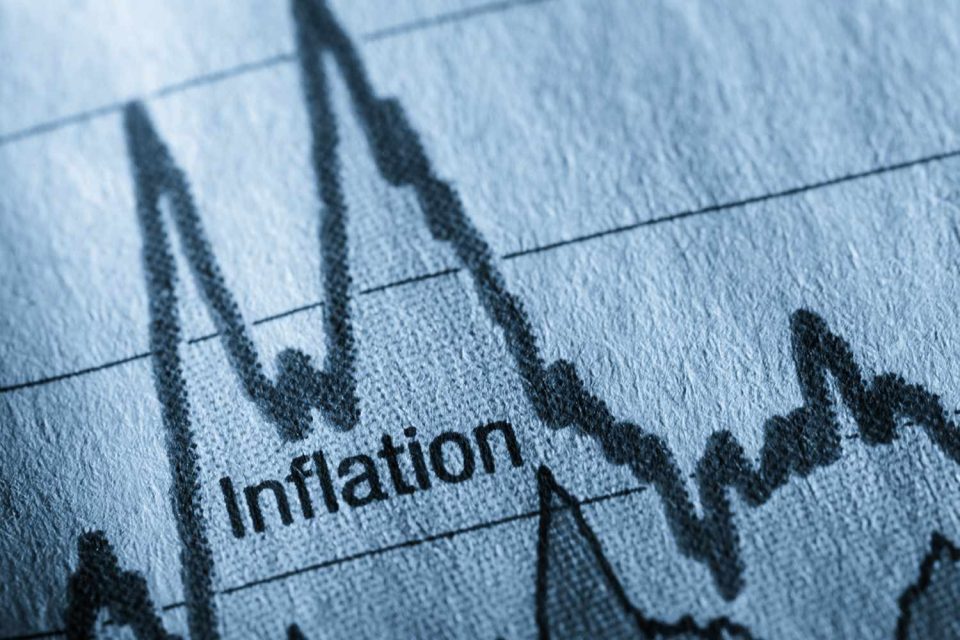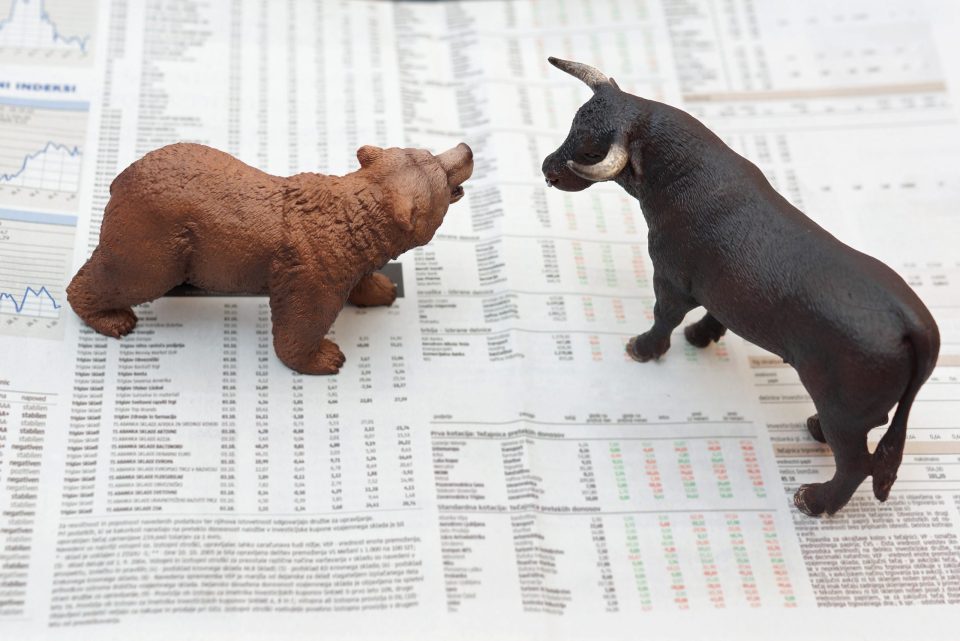In actual trading, you place an order through the stock exchange and when counterparty matches your price, a trade is completed. The counterparty may be anyone and this trade is charged and taxed accordingly, payable by both sides.
But in case of illegal dabba trade, your trades are not monitored by tax departments and there is one shady operator who takes care of all the trades and maintains a book of the trades instead of the exchange. He often serves as the counterparty too. All transactions take place by cash and these trades unlike normal trades, take place even when the actual markets are closed. Suppose if a dabba operator has some 500 clients, some of them gain and most of them lose. This lose becomes the profit of the operator.
For example,
You buy a nifty call option with a lot size of 75 at Rs.100 ? You pay Rs.7500 to the operator
The nifty goes down and you sell the same option at Rs.50 ? The operator pays you back Rs.5000. So (7500–5000) = Rs.2500 becomes the operator’s profit.
As you can predict, on the contrary, if the dabba operator makes a huge loss in the trades, he would be forced to shut the shop and disappear with whatever money he has. There are many types of dabba trades. In some cases, the operators mediate between the two parties and take a charge from them.
In recent times, it does not happen as petty shop trades. This is a well developed and huge black money market. They have separate softwares and terminals similar to that used in actual exchanges. Growing trades in illegal market leads to transaction losses to exchanges and tax losses to Government, thus creating a tunnel for black money.











